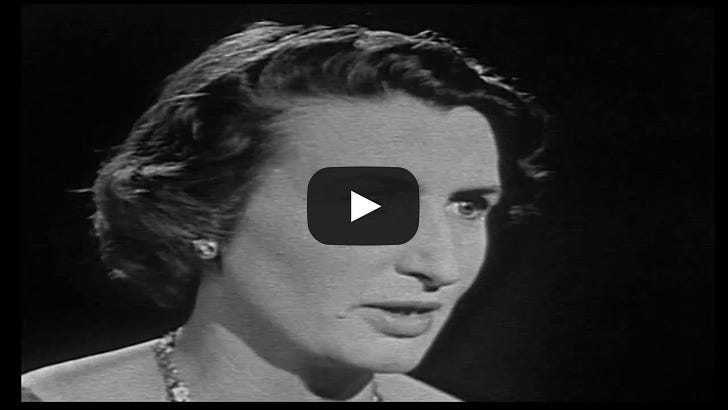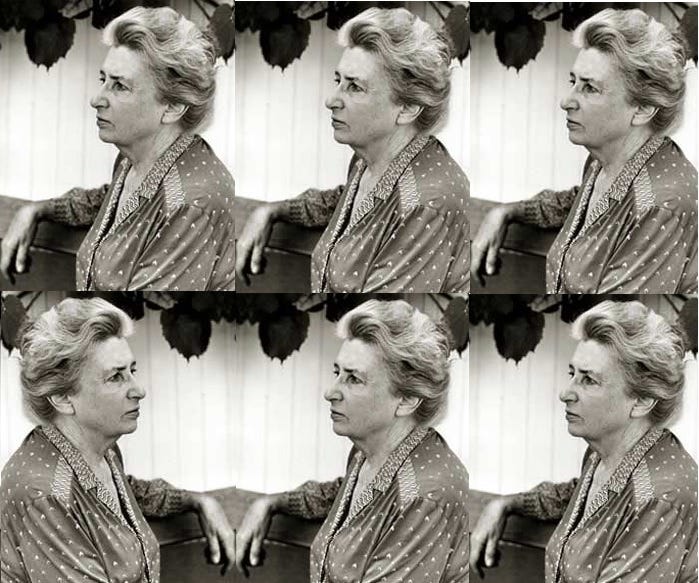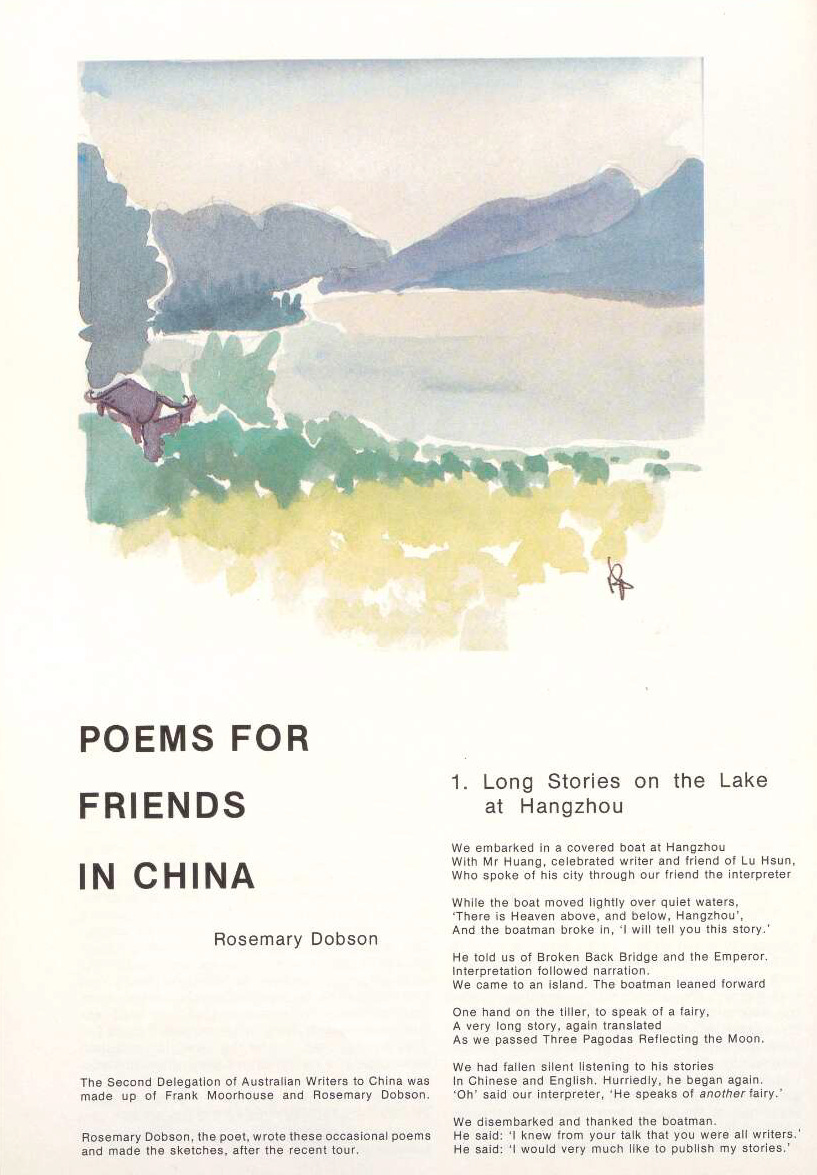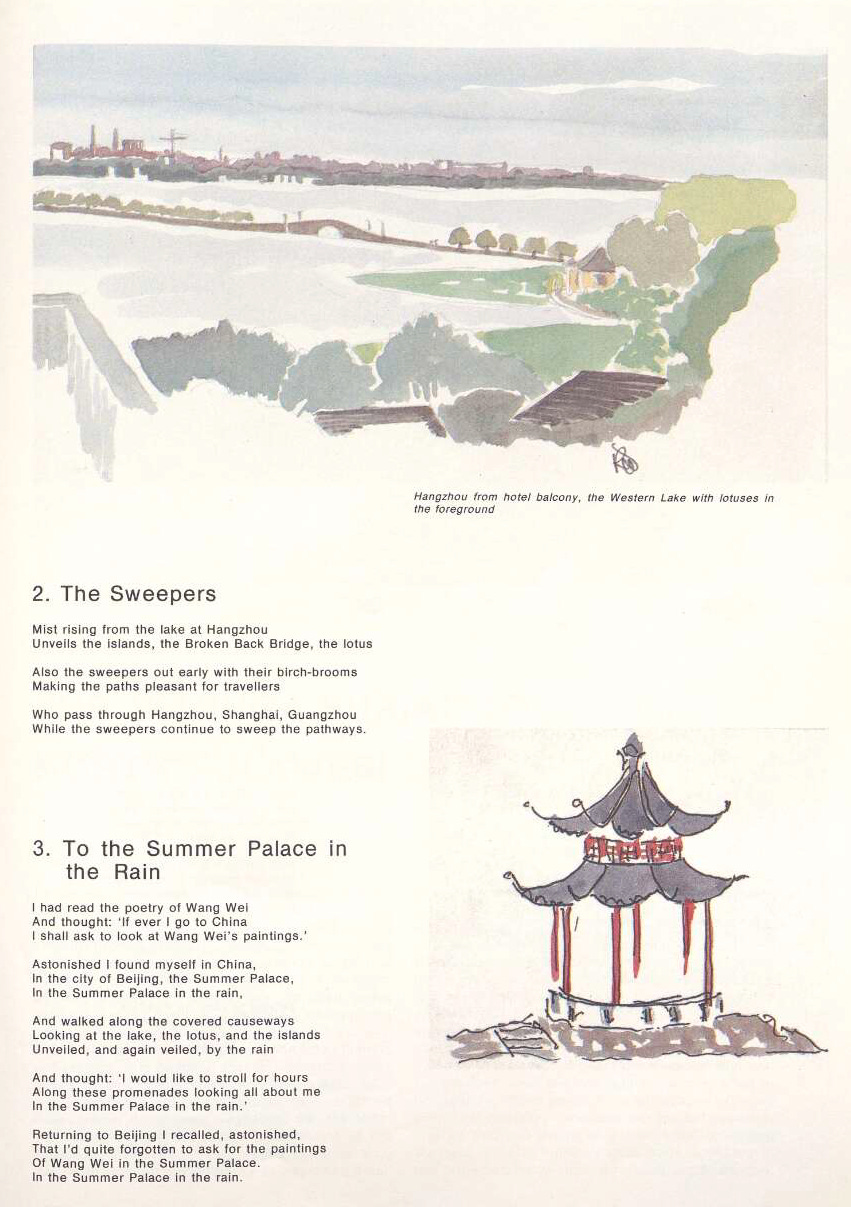Notes on the question of Australia’s Poet Laureate
1. In February 2023, the Australian government launched their new national cultural policy, Revive: a place for every story, a story for every place. As part of their compact with the literature sector, they committed to ‘establish a National Poet Laureate to promote poetry and mentor up and coming poets.’ Little has been said since regarding the finer details of establishing this post. But recently, in Sydney, Australian poet and public humanist, Sarah Holland-Batt, delivered a keynote lecture, titled ‘The Writer in the Public Arena: Implications of a Poet Laureate for Australia’. The lecture examines the long history of such laureateships, while also outlining current iterations in various comparable countries – such as England, Ireland and Scotland, as well as the U.S.A. – and the various models for Poets Laureate, and the different modes of engagement by individual poets in these roles. This is a valuable intervention into, and very much provides a useful framework for, a public discussion around this notion of a Poet Laureate, but also the place of literature more generally in public culture. The implications for this lecture extend beyond the current debate within Australia and would be of interest to anybody, anywhere; everybody, everywhere. The full text for this lecture can be accessed here. 2. Among the various possibilities for a laureateship outlined in this lecture, one that caught my attention was Holland-Batt’s notion of the poet laureate as cultural diplomat, both inside and outside their own country. One example she drew on to develop this notion is the poet, Robert Frost, who was invited to read at John F. Kennedy’s 1961 inauguration. ‘Kennedy’s invitation to Frost extended well beyond writing poetry and into statecraft;’ Holland-Batt explains, ‘the year after JFK’s inauguration, he encouraged Frost to travel to Russia and meet with Khrushchev in an act of cultural diplomacy intended to further Kennedy’s aims to find peace with Russia. After Frost’s death, Kennedy made an eloquent argument for the value of poetry to a nation’s ‘self-comprehension’, as an appeal to our better angels, and a valuable check on power.’ This recalled a situation closer to home. In 1971, while in opposition, Gough Whitlam, as leader of the Australian Labor Party, led a delegation to the People’s Republic of China; he was one of the first Western leaders to do so. The following year, after winning a federal election and becoming Prime Minister, the Whitlam government negotiated with China to establish official diplomatic relations between the two countries – no mean feat during the Cold War. By the early 1980s, cultural diplomacy began with official visits of Australian writers to China, and vice versa. In 1983, the poet Rosemary Dobson was part of a cultural delegation to China. It was an act of diplomacy that, I would suggest, not only reinforces Sarah Holland-Batt’s argument regarding how a Poet Laureate could be a cultural diplomat, but it also demonstrates a precedent within Australia’s political policy culture upon which we can draw. Dobson spent three weeks travelling China, meeting with writers, students, academics, and artists. At these meetings she would provide a brief historical overview of Australian literature, read some of her own poems, and – via a translator – answer questions. In her report to the Australian Department of Foreign Affairs, she said that the discussions were ‘stimulating’, although there was a distinct ‘ideological gap’ in which the Chinese accepted (or appeared to accept) restraints, while Western freedom appeared to them as a form of anarchy. She made four recommendations to the department, to fulfill discernible needs: a resident lecturer in Australian literature; reference books and texts on Australian literature, and recent Australian fiction and poetry; an exchange of visual art and touring gallery exhibitions; and the need for future visits to be longer – she felt that the current itinerary was too brief, and allowed for only an exchange of information, and did not necessarily foster deeper understanding. Dobson also argued that the informal aspects of the visit were as important, if not more so, than the formal aspects. She related an unscheduled meeting with foreign language students that was more informal, and so more open and engaging, for both her and the students. Furthermore, a long, unplanned train journey from Shanghai to Guilan provided the opportunity to see the landscape of the Central Provinces. Dobson reported that these informal aspects of the trip lead to serendipitous experiences, and moments for poetic reflection. On her return to Australia she wrote a cycle of five poems, “Poems for Friends in China”, which she published, accompanied by her own illustrations, in Hemisphere – an Asian-Australian magazine (Vol 28. No. 5, 1984).
3. In her lecture, Holland-Batt traces the origins of laureates back to Ancient Greece:
And yet, there is another tradition from Ancient Greece that I would argue prefigures the modern role of Poet Laureate – especially in the form of cultural diplomat as presented by Sarah Holland-Batt – and that is the practice of theoria. Nowadays we tend to consider the term theoria in relation to the Anglo notion of ‘theory’, particularly in opposition to ‘practice’ (or praxis); a baneful distinction first introduced by philosophers, reducing a rich and worldly experience to a narrow, unworldly form of thinking, mere contemplation. Prior to this, however – as Andrea Wilson Nightingale demonstrates in Spectacles of Truth in Classical Greek Philosophy: Theoria in its Cultural Context (2004) – theoria was an important civic institution, whereby a person – the theoros – would travel abroad, to religious festivals, or simply to experience foreign parts, and then would return home and report back to the community. The practice of theoria incorporated this complete cycle of striking out, engaging with new experiences, peoples, and places, then returning, contemplating, and reporting. Its civic function was to enrich and constantly reinvigorate the local culture. It had its domestic corollary in Greek theatre, whereby theatron is a place of seeing, but also contemplation, while theoreo meant being a member of an audience, comparing or judging. Christopher Rocco, in Tragedy and the Enlightenment (1997), expands on this connection, stating:
I would suggest that there is potential for a Poet Laureate to straddle these senses of theoria, both domestic and foreign, within the purview of poetry (or literature writ pure) as a form of cultural diplomacy – predicated upon, but at the same time reconfiguring, cultural difference. We catch a glimpse of this in the modest experience of Rosemary Dobson, as a modern day theoros, a traveller to China in the 1980s, engaging, then returning to Australia, to report to us citizens, us theoreo, in order to clarify who we take ourselves to be, and how we see our place in this world.
It is an experience – and an antidote to provincialism – that Australian literary scholar (and, coincidentally, sinologist), Simon Leys, once described, when he stated:
This is also, I would suggest, upon listening to, and reading, Sarah Holland-Batt’s lecture, the first concern of our future Poet Laureate.  If you appreciate reading this newsletter, and you want it to continue, and you would like to support independent scholarship and criticism, then please consider doing one of two things, or both: consider signing up to this newsletter for free (or updating to a paid subscription)(preferably the latter as it will allow me to write this newsletter more frequently). And please share this newsletter far and wide, to attract more readers, and possibly more paying subscribers, to ensure that it continues. You're currently a free subscriber to Public Things Newsletter. For the full experience, upgrade your subscription. |
Older messages
'Being shown the instruments of torture'
Thursday, August 22, 2024
Or, the art and craft of biography ͏ ͏ ͏ ͏ ͏ ͏ ͏ ͏ ͏ ͏ ͏ ͏ ͏ ͏ ͏ ͏ ͏ ͏ ͏ ͏ ͏ ͏ ͏ ͏ ͏ ͏ ͏ ͏ ͏ ͏ ͏ ͏ ͏ ͏ ͏ ͏ ͏ ͏ ͏ ͏ ͏ ͏ ͏ ͏ ͏ ͏ ͏ ͏ ͏ ͏ ͏ ͏ ͏ ͏ ͏ ͏ ͏ ͏ ͏ ͏ ͏ ͏ ͏ ͏ ͏ ͏ ͏ ͏ ͏ ͏ ͏ ͏ ͏ ͏ ͏ ͏ ͏ ͏ ͏ ͏ ͏ ͏ ͏
Notes on Commensality
Friday, June 14, 2024
Or, why we should sit together more around a kitchen table ͏ ͏ ͏ ͏ ͏ ͏ ͏ ͏ ͏ ͏ ͏ ͏ ͏ ͏ ͏ ͏ ͏ ͏ ͏ ͏ ͏ ͏ ͏ ͏ ͏ ͏ ͏ ͏ ͏ ͏ ͏ ͏ ͏ ͏ ͏ ͏ ͏ ͏ ͏ ͏ ͏ ͏ ͏ ͏ ͏ ͏ ͏ ͏ ͏ ͏ ͏ ͏ ͏ ͏ ͏ ͏ ͏ ͏ ͏ ͏ ͏ ͏ ͏ ͏ ͏ ͏ ͏ ͏ ͏ ͏ ͏
‘When the facts conflict with the legend’
Tuesday, November 28, 2023
How does a biographer balance storytelling with the truth?
The Doors of Psychoanalysis
Tuesday, November 14, 2023
Or, Standing on the Outside Looking In
On Frank Moorhouse: Strange Paths
Tuesday, September 12, 2023
Reflections of an accidental biographer
You Might Also Like
The FDA Just Issued a Recall on a Supplement — Because it Contains an ED Drug
Monday, March 3, 2025
View in Browser Men's Health SHOP MVP EXCLUSIVES SUBSCRIBE The FDA Just Issued a Recall on a Supplement — Because It Contains an ED Drug The FDA Just Issued a Recall on a Supplement — Because It
10 Ways You're Damaging Your House Without Realizing It
Monday, March 3, 2025
Lenovo Is Showing off Quirky Laptop Prototypes. Don't cause trouble for yourself. Not displaying correctly? View this newsletter online. TODAY'S FEATURED STORY 10 Ways You're Damaging Your
There Is Only One Aimee Lou Wood
Monday, March 3, 2025
Today in style, self, culture, and power. The Cut March 3, 2025 ENCOUNTER There Is Only One Aimee Lou Wood A Sex Education fan favorite, she's now breaking into Hollywood on The White Lotus. Get
Kylie's Bedazzled Bra, Doja Cat's Diamond Naked Dress, & Other Oscars Looks
Monday, March 3, 2025
Plus, meet the women choosing petty revenge, your daily horoscope, and more. Mar. 3, 2025 Bustle Daily Rise Above? These Proudly Petty Women Would Rather Fight Back PAYBACK Rise Above? These Proudly
The World’s 50 Best Restaurants is launching a new list
Monday, March 3, 2025
A gunman opened fire into an NYC bar
Solidarity Or Generational Theft?
Monday, March 3, 2025
How should housing folks think about helping seniors stay in their communities? ͏ ͏ ͏ ͏ ͏ ͏ ͏ ͏ ͏ ͏ ͏ ͏ ͏ ͏ ͏ ͏ ͏ ͏ ͏ ͏ ͏ ͏ ͏ ͏ ͏ ͏ ͏ ͏ ͏ ͏ ͏ ͏ ͏ ͏ ͏ ͏ ͏ ͏ ͏ ͏ ͏ ͏ ͏ ͏ ͏ ͏ ͏ ͏ ͏ ͏ ͏ ͏ ͏ ͏ ͏ ͏ ͏ ͏ ͏ ͏ ͏
The Banality of Elon Musk
Monday, March 3, 2025
Or, the world we get when we reward thoughtlessness ͏ ͏ ͏ ͏ ͏ ͏ ͏ ͏ ͏ ͏ ͏ ͏ ͏ ͏ ͏ ͏ ͏ ͏ ͏ ͏ ͏ ͏ ͏ ͏ ͏ ͏ ͏ ͏ ͏ ͏ ͏ ͏ ͏ ͏ ͏ ͏ ͏ ͏ ͏ ͏ ͏ ͏ ͏ ͏ ͏ ͏ ͏ ͏ ͏ ͏ ͏ ͏ ͏ ͏ ͏ ͏ ͏ ͏ ͏ ͏ ͏ ͏ ͏ ͏ ͏ ͏ ͏ ͏ ͏ ͏ ͏ ͏ ͏ ͏ ͏
“In life I’m no longer capable of love,” by Diane Seuss
Monday, March 3, 2025
of that old feeling of being / in love, such a rusty / feeling, ͏ ͏ ͏ ͏ ͏ ͏ ͏ ͏ ͏ ͏ ͏ ͏ ͏ ͏ ͏ ͏ ͏ ͏ ͏ ͏ ͏ ͏ ͏ ͏ ͏ ͏ ͏ ͏ ͏ ͏ ͏ ͏ ͏ ͏ ͏
Your dishwasher isn’t a magician
Monday, March 3, 2025
— Check out what we Skimm'd for you today March 3, 2025 Subscribe Read in browser Together with brad's deals But first: 10 Amazon Prime benefits you may not know about Update location or View
My 10 year anniversary of being single: exclusive extract from my book
Monday, March 3, 2025
Single: Living a Complete Life on Your Own Terms is out now ͏ ͏ ͏ ͏ ͏ ͏ ͏ ͏ ͏ ͏ ͏ ͏ ͏ ͏ ͏ ͏ ͏ ͏ ͏ ͏ ͏ ͏ ͏ ͏ ͏ ͏ ͏ ͏ ͏ ͏ ͏ ͏ ͏ ͏ ͏ ͏ ͏ ͏ ͏ ͏ ͏ ͏ ͏ ͏ ͏ ͏ ͏ ͏ ͏ ͏ ͏ ͏ ͏ ͏ ͏ ͏ ͏ ͏ ͏ ͏ ͏ ͏ ͏ ͏ ͏ ͏ ͏ ͏ ͏ ͏ ͏


